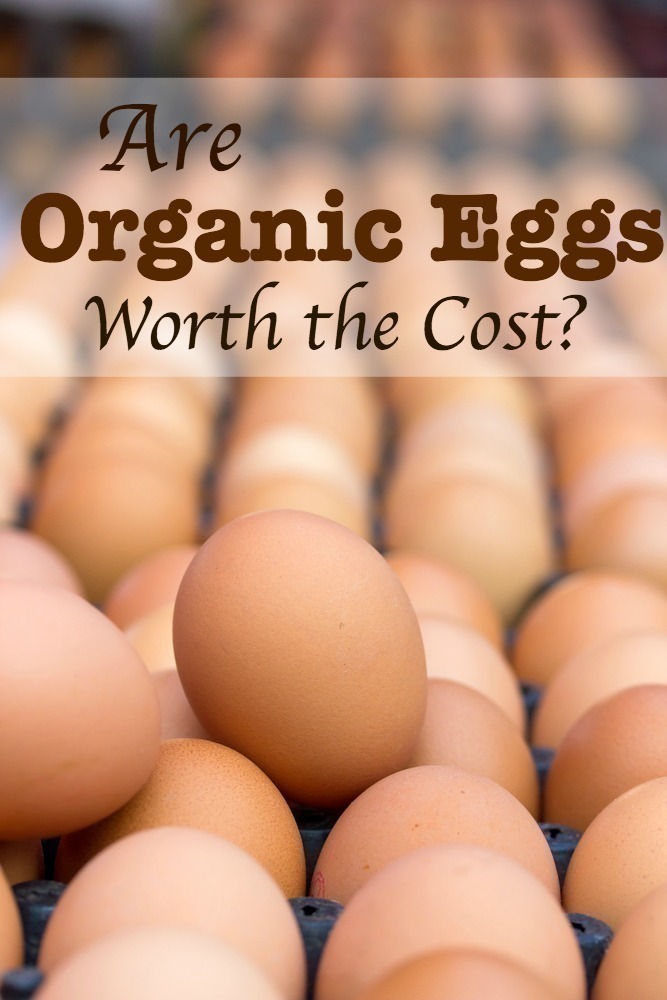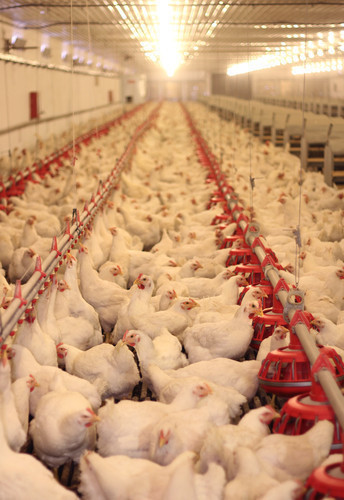
Are Organic eggs worth the cost?
I recently saw a post on Facebook … where the author wrote that Organic Eggs are no healthier than factory farmed eggs – therefore are not worth the extra cost.
I would beg to differ..
I’m not sure how many people buy Organic Eggs. I don’t think many people give much thought – they see Free Range or Cage Free and they assume they are great options.. but the BEST Eggs come from your own backyard or, the yard of a friend or a local farmer. Though you always have to ask what they feed their chickens – because some farmers will tout the fact that they have eggs, but the feed that they give them is anything BUT Organic.
Ultimately .. It would be great if we could have our own ability to get eggs here in the backyard but because our HOA would probably frown upon that then we can’t .. until we are able to move.
The article, HERE, was based on a Department of Agriculture Study that found that different production methods (ie. Factory Farmed, Cage Free, and Free Roaming) all met the same quality standards. But the study’s end result was really very misrepresented.
Why was the research inaccurate:
1. The test used in the USDA Study was a measure of quality (NOT Nutrition)
The test used a scale (Haugh) that showed that the lower the number, the lower the quality. That test measures the height and of the yolk and thickness of the egg. Their test was a visual gauge.. that tested the sample in terms of quality. The test, however, did not mention ANY nutritional content.
Organically raised chicken eggs have 3 times the healthy fats than their counterparts and 40% more vitamin A, as well as twice the vitamin E. (1)

2. Free Roaming and Cage Free are NOT an Indicator of Organic Eggs
Organic chicken eggs go far beyond cage free and free roaming – did you know that the claim is organic and Cage Free are claims that are not verified by third parties? Therefore ANYONE can slap those on a carton without even so much making any effort.
3. Organic Eggs are Free of Arsenic
The arsenic based additive roxarsone, is approved by the FDA and used to promote chicken growth. Those preservative s are banned on Wood Products but it is not banned in food for human consumption. A recent test from the Utah Dept of Health found arsenic in eggs from chickens fed with conventional feed. The mother of the children (McNaughton) has been mentioned below.
Dr. Wilson writes about arsenic here:
The American Chemical Society had noted that about 70 percent of U.S. broilers were fed roxarsone, the most widely used arsenic-based additive, according to McNaughton’s study.
And, although the poultry industry and regulators insist that virtually all of the additive is excreted, studies by Wallinga’s center in 2004 showed that all of the fast-food chicken the think tank tested contained elevated levels of arsenic and more than half of the store-bought chicken tested had notable levels of arsenic. In contrast, organic and boutique brands contained little or no arsenic, the group’s analysis found.
The FDA approved the use of roxarsone and its cousins in the mid-1940s, and Wallinga’s group estimates the agriculture industry uses up to 2.2 million pounds a year in the production of about 43 billion pounds of poultry meat. It’s combined with antibiotics to help chickens fend off diseases and grow bigger and tastier.
All the more reason to go Organic on your eggs.
4. Organic Eggs are FREE of Antibiotics
One of many reasons we opt for Organic eggs is because the chickens are not fed food and aren’t given unhealthy antibiotics. Although it has been stated that the drugs are not commonly used, studies have shown that antibiotics used in chicken feed can linger in the eggs for up to a week. (3)
5. Organic Eggs are fed Organic Feed
Those Organic Eggs are a step up not only because they are free of arsenic, and antibiotics, but also because they are given organic feed. Sure, the eggs from the farmer MIGHT be great – they may have space to roam, but you always want to ask what FEED they are giving them too.
Organic Eggs come from Organic Chickens that are fed GOOD feed, not feed that is made of byproducts, and GMO Soy, or Corn that is re-ground.



